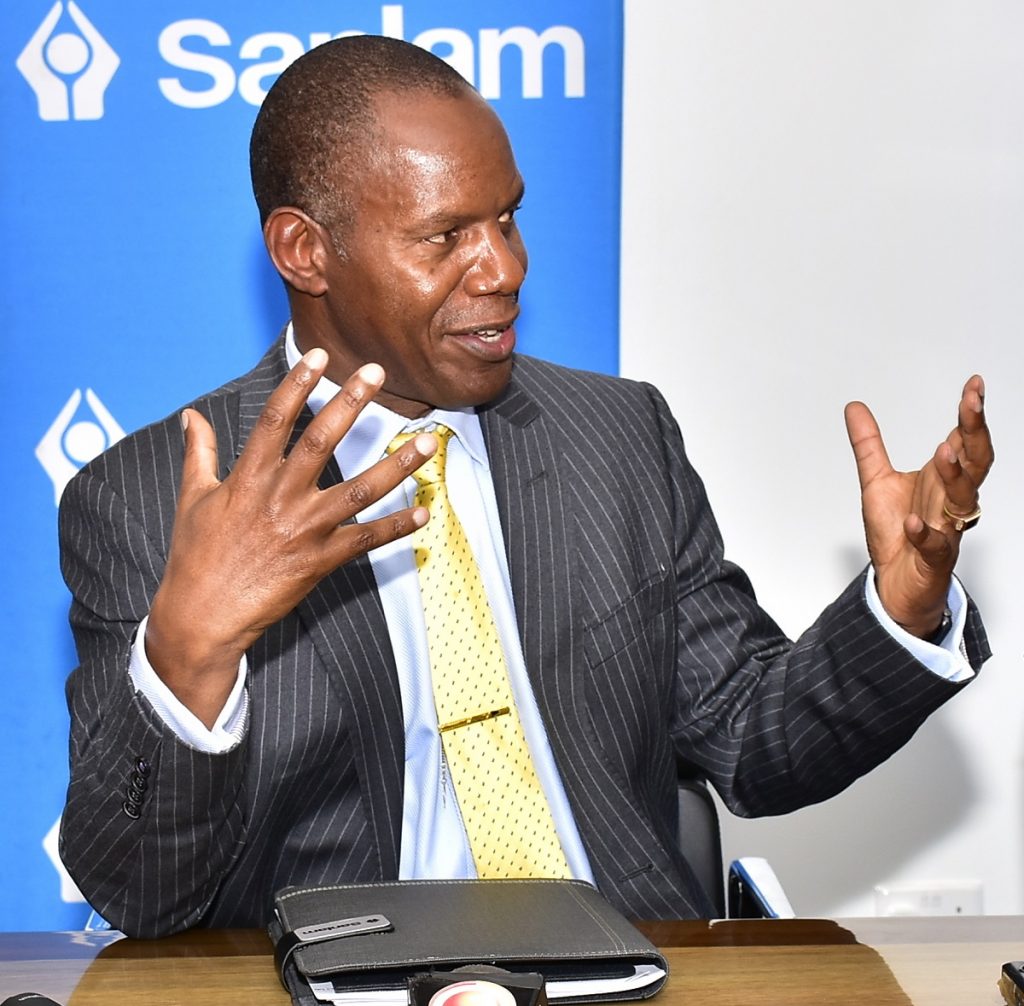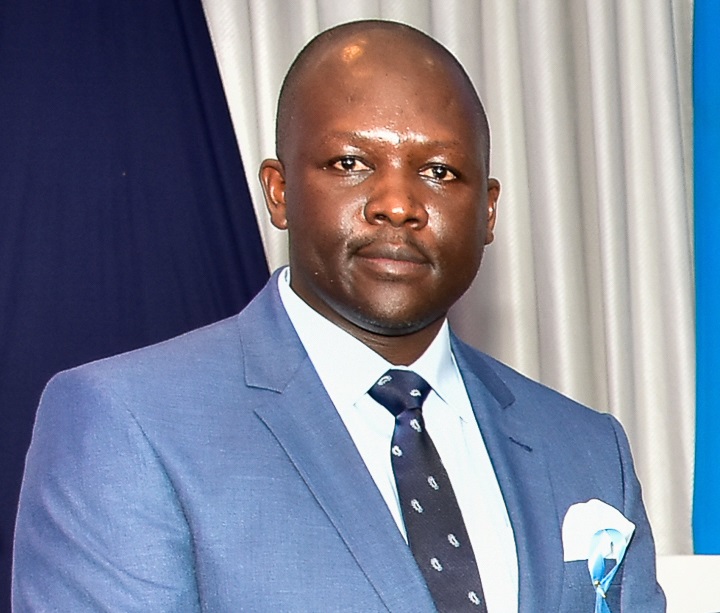The year 2019 was not easy for business, with a number of not-so-lucky listed companies issuing profit warnings. A number of other organisations were forced to lay off staff or adopt painful low-cost models of operations to stay afloat.
As 2020 begins, captains of industry across sectors are expressing optimism that the new year will bring good tidings and unanimously agree that 2019 was a difficult year.
With the economy struggling and credit to private sector trickling back, this optimism understandably comes with some bit of caution.
From the fickle financial services industry where digital money is causing disruptions and manufacturing to retail and medical world where success is measured by volumes, business leaders project a great year, where earnings will grow, boosting profitability.
This is expected to spawn business expansions both locally and into international markets.
Here we sample the views of six CEOs running leading businesses in their respectful industries.
1. Nasim Devji, DTB CEO and MD

DTB has a rich tradition of supporting the SME sector in Kenya for several decades. In 2020, we shall be rededicating our commitment to support the growth of these businesses through our products and innovative digital channels. Our aim is to enable SME’s to grow, thereby spurring economic growth in the country.
2. Dan Githua, Group CEO, Tusker Mattresses
The year 2019 brought to us at Tuskys, Lemoc and Mavazi a mixed bag of fortunes literally. Our top-line growth remained subdued due to the overall economic climate, which has a ripple effect on the retail industry. We have, however, managed to grow on many other areas while strengthening our foundation significantly.

In the year 2020, we expect to tremendously reap the benefits as the new branches in Nairobi, Malindi and Nanyuki, begin to contribute to the bottom-line. Our investments in specialised areas such as food processing and certification will allow us to revolutionalise food retailing in Kenya.
SEE >> First Female CEO Promises a Shake-up at Multichoice Kenya
We hope to unveil our new start of the art meat processing facility in the first quarter of 2020. We have also made tremendous progress on our efforts to enhance corporate governance as a business imperative, and this will undoubtedly provide much-needed value in the new year for all our stakeholders.
3. Ronald Ndegwa, Managing Director Savannah Cement
The year 2019 has been relatively difficult with depressed building and construction prospects. However, the year 2020 appears very bright for Savannah Cement particularly due to the recent lifting of the interest rates ceiling and government interventions for affordable housing efforts.

We expect local banks to begin flowing finance to various building and construction projects which had either stalled or were due for ground-breaking. The affordable housing projects in the pipeline and incentives for such projects with clear focus on local content utilisation are also exciting. Such developments will unlock value for Cement manufacturers’ who have invested heavily in production capacity and remain ready to serve both the retail and big-ticket projects.
4. Dr Patrick Tumbo, Group CEO Sanlam Kenya

The year 2019 has provided much needed corporate stability for Sanlam Kenya which has also returned to profitability. The corporate recovery strategy (focused on cost containment and aggressive revenue growth) we adopted within the year, has continued to bear fruits and we expect some level of accelerated growth in the year 2020 from our insurance (general and life) businesses.
We have significantly enhanced our processes, managing to retain quality talent and further strengthened our distribution network to anchor our growth prospects. Riding on our robust information technology systems, we expect to draw value and deliver quality customer experiences as we continue to offer a broader range of insurance services in the New Year and beyond.
SEE >> The Male Secretary Every Boss Wants To Have
5. Marseille Onyango, Janssen Kenya Country Manager
The year 2019 has been very successful for Janssen, which is one of the pharmaceutical companies of Johnson & Johnson globally. Locally, we successfully managed to launch specialist pharmaceutical products that provide much-needed relief for prostate cancer patients.
We also managed to expand partnerships with critical stakeholders in the rollout of oncological nursing training programmes. Cancer is a significant public health issue and represents a substantial burden of disease globally.

In the past few years, cancer prevalence in Kenya has continued to rise, posing a widespread staffing problem. Kenya has continued to face a growing demand for Oncology personnel, especially nurses, where the need is a minimum of 500 nurses, yet there are only 36 qualified nurses. This has put extreme workforce pressure on cancer services, and a severe blow to patient care at a time when cases of cancer prognosis are on the rise.
Johnson and Johnson Global Community Impact (JNJ GCI), under the leadership of the Ministry of Health has partnered with Amref Health Africa to launch a training initiative to guide the development of new programmes, projects, and resources to meet the needs of Oncology nurses.
6. Jane Karuku, Managing Director, Kenya Breweries Ltd
The year 2020 will be a period of more growth for us at Kenya Breweries Limited as we are commissioning more brewing vessels into the Kisumu Brewery. This continues the investment we started in Kisumu in 2017, forging ahead even as the country went through a lengthy electioneering period. This investment has paid off, and we started operations at the brewery in 2019.

More brewing vessels mean that we will be in a position to take in more sorghum from the 17,000 farmers from the Western region, in addition to the 30,000 around Kenya, who supply us with raw material for the brewing of Senator Keg.
On the regulation front, we have seen significant progress in the fight against illicit alcohol and we are optimistic that this will continue into 2020 and will apply the lessons learnt in 2019. We hope that these efforts will be amplified and the multi-agency team will continue cracking down on drinks that are potentially harmful to consumers and those that have entered the market illegally.
The alcoholic beverages industry continues to suffer the unintended effects of the taxation policy, and we are hopeful that the government will abide by its pledges to stick to the certain, predictable approach to taxation and allow the industry to thrive and contribute more to Kenya’s economic growth.












Leave a comment